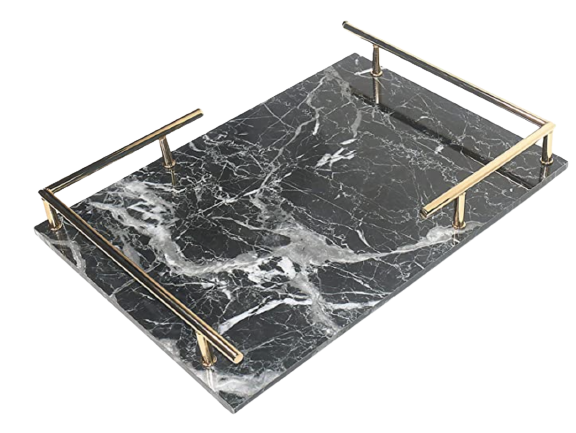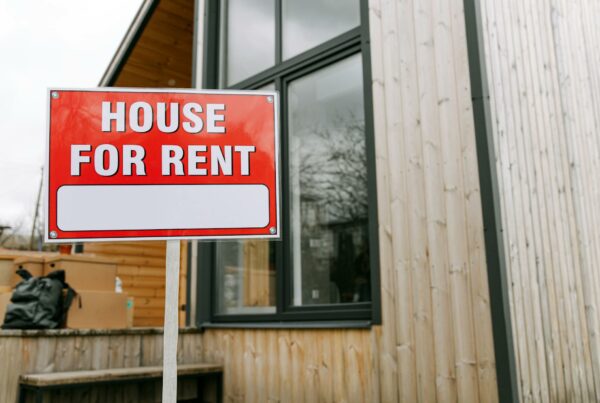Last Updated on January 6, 2024
Protection of your assets and investments is crucial, no matter where you live, whom you are renting from, and most importantly, how much you trust them. Landlord rental insurance is always important and warrants careful consideration.
You might be wondering why we’re emphasizing the importance of property protection through landlord rental insurance. This article will provide all the answers to your questions.
So, sit back, relax, and give a good read to the information below if you really wish to know the ABCs of property protection. This will be both insightful and informative.
Rental Property and Its Protection
You need to protect your property beforehand before it is jeopardized without you being in a condition to claim anything. This is enough to cover your property. On a wider note here are a few reasons, why you need rental property insurance:
- If someone is injured on the property
- To provide financial protection in the event of property damage
- Protection of rental property income if the property becomes uninhabitable, depending on the policy you purchased.
How is Rental Insurance Different from Homeowners Insurance?
The primary difference between a homeowner’s insurance policy and landlord insurance is the loss of rental income as well as the liability coverage. In simple terms, a tenant could refuse to pay you rent and you can’t claim loss of income based on that in the homeowner’s policy. This is crucial because it can significantly impact your cash flow and other income, especially if you have pending expenses to worry about like real estate transfer taxes, operating expenses or interest payments.
Advantages of Owning a Rental Property Insurance
You must never underestimate the value of your belongings which is why rental property insurance is important to possess. Here are a few more reasons worth your attention to look out for rental property insurance:
Personal Property Coverage
A renter’s insurance policy protects you against losses of your personal property. These include:
- Jewellery
- Electronics
- Luggage
- Clothes
- Furniture
- Injuries
- Accidents
- Reimbursement for rental income loss
- Repairs
- Replacements
What Does the Rental Property Insurance Not Cover?
Well, we discussed thoroughly above regarding the advantages of owning renter’s insurance. Now, let’s take a look at what renter’s insurance does not cover.
Tenant’s Personal Property
In case the personal property of the tenant is damaged, the rental property insurance won’t cover that. In this case, the tenant should have their own rental insurance for better coverage.
Shared Property Scenario
The rental property insurance policy generally does not cover home sharing like renting a part of your floor or spare bedroom.
Natural Disasters
Natural disasters, like earthquakes and floods, require your own separate insurance policies. If you live in such an area where you are prone to floods, tsunamis, or any other natural disasters, you might already have flood or earthquake insurance.
Some Optional Coverages Under Rental Property Insurance
You can add certain situations if they are not covered under your rental property insurance:
- In the event of a breakout or burglary, the rental property insurance might cover the damage that your property sustained but in any case, it won’t cover the stolen items.
- Secondly, regarding the property that is under construction, you may be able to obtain special coverage for the building’s structure until it is completed and ready to house tenants.
- Furthermore, if any vandalism happens or someone destroys your property intentionally, that damage shall not be covered under the standard property insurance policy. But in some cases, the insurer offers this coverage as an additional purchase.
- Lastly, if you are sued for any wrongful eviction the rental property insurance can cover you here.
Landlord’ Requirements
Your landlord’s insurance typically covers the building structure and the land, but it does not extend to your personal belongings. Nowadays, the situation has changed, with many landlords now requiring tenants to have their own renter’s insurance policy. The advantage here is that if tenants are insured, some of the responsibility is transferred away from the landlord.
Liability Coverage
The standard renters insurance policies also include liability coverages. In this, if you are found responsible for another person’s damages as a landlord, the liability insurance will cover you. You can request this coverage as per your requirements. This will definitely provide protection in case someone is injured while in your home or in case you injure someone accidentally.
Final Thoughts
It is your way to earn liability coverages, protect your belongings and provide additional cover to your other personal items. Renter’s insurance offers protection against a wide range of perils, effectively covering you on its own.









